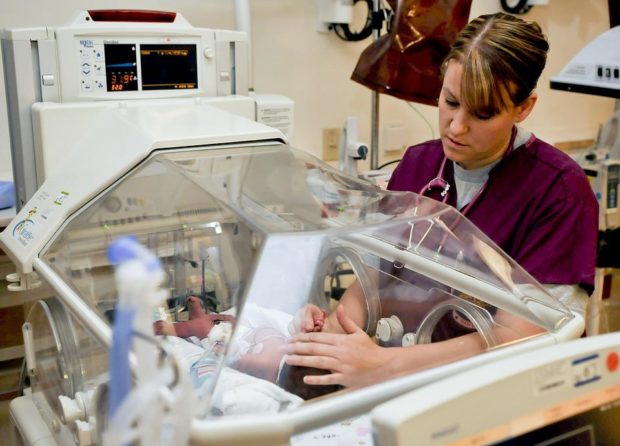Why you Should Consider a Career in Care

The arrival of the novel Coronavirus this year has severely disrupted the jobs market. Many of us now find ourselves in insecure work – or out of work entirely. Moreover, a large number of us might have reassessed our priorities, and consequently no longer find our jobs as rewarding as we once did.
Certain sectors are now actively recruiting. Care is one of them. It provides not only a secure means of earning a living, but an exceptionally rewarding one. Let’s take a look at some of the advantages of a career in care.
Endless variety
If you’ve gotten bored of the same old routine, then a career in caring might provide exactly the required antidote. No two days in a care home are quite alike, and you’ll face new challenges constantly. One day, you might be helping a disabled person to adjust to a newly modified car, the next you might be talking to an elderly care-home resident about the issues of the day.
Get to contribute
Caring for other people directly is a fundamentally rewarding pursuit. When you work as a carer, you make a difference to the lives of others every day that you put on your uniform. For many workers today, this contribution isn’t so obvious. If you often find yourself wondering what difference you’re making while stacking shelves, filling in forms, or commuting constantly, then it may be that your existing position doesn’t offer any fundamental satisfaction. But when you’re working with people rather than things, the benefits of what you do are plain to see.
While there might be stressful days and challenges, you’ll never wonder what difference you’re making – it’s right there in front of you!
Meet new people
Working in a care home provides an opportunity to chat with people. Not only that, but it requires that you chat with people, as you’ll be caring for the emotional and social needs of residents as well as their physical ones. The transition to life inside a care home can be an awkward and emotionally trying one – but if you’re empathetic and sensitive, you’ll be able to make things easier. You’ll make plenty of cups of tea and make plenty of small talk. If that’s the kind of thing you enjoy doing, then why not get paid for it?
Training opportunities
Entering into the care industry doesn’t require much in the way of qualifications. You’ll need to complete a DBS (Disclosure and Barring Service) test before you’re entrusted to care for vulnerable people, but beyond that you can largely train on the job, until you ultimately earn a degree-level qualification. With this done, you’ll be able to earn that little bit more, too.


